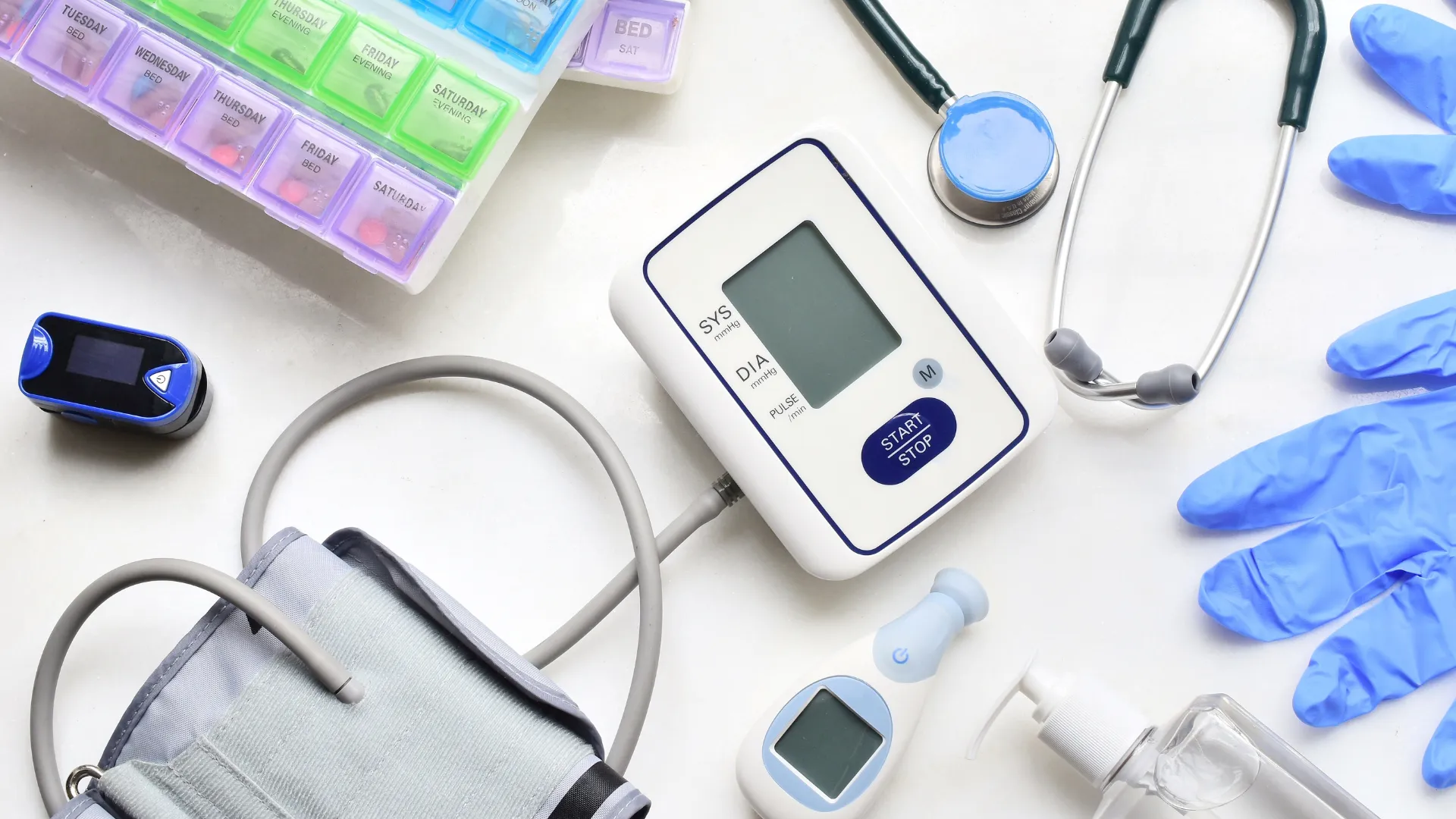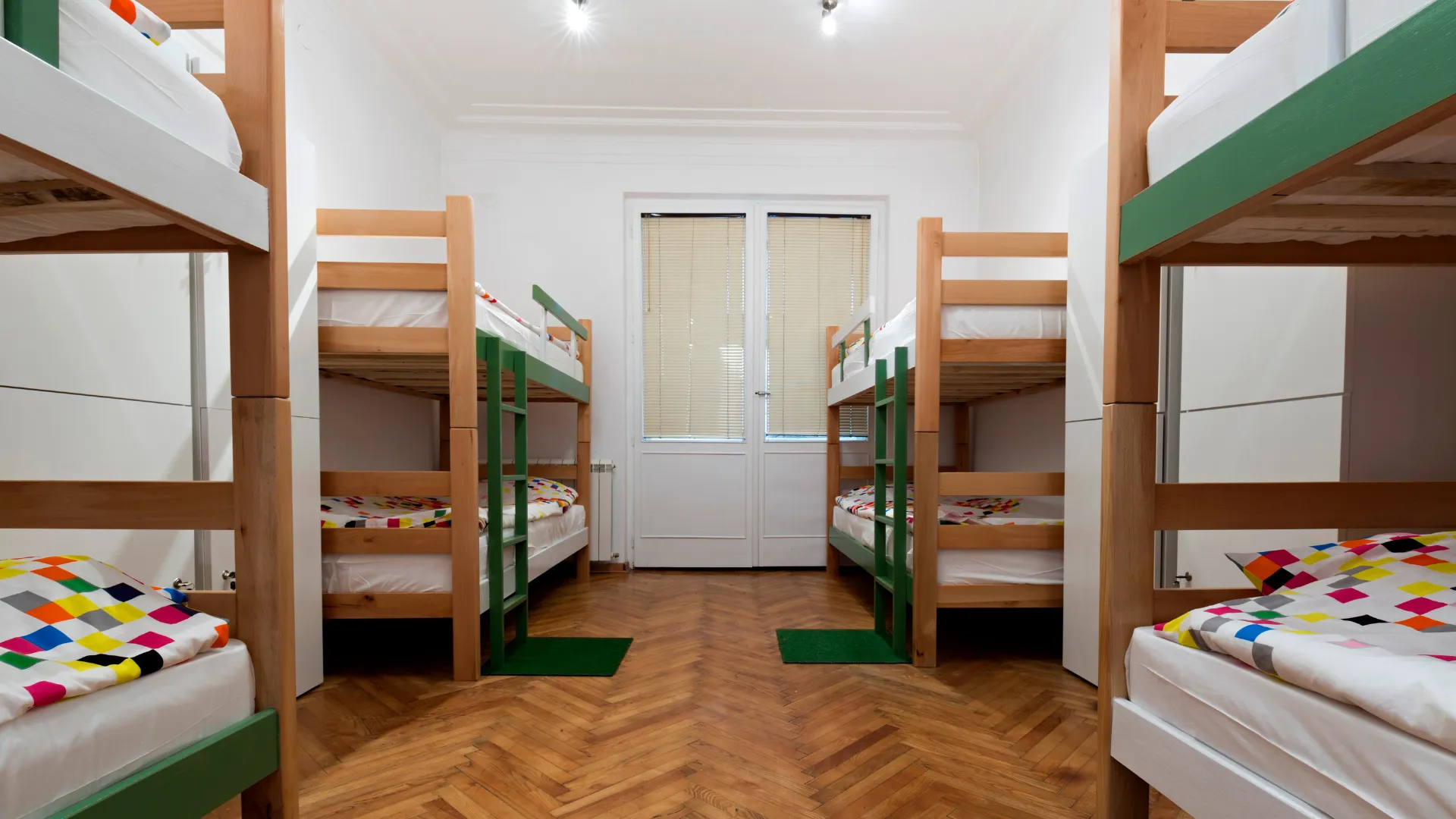Going to work in Poland for the first time – what you need to take with you, what is important to know

So, let’s go! So, you are going to Poland. Let’s say you’ve found a job in Poland, bought a bus ticket, you’re going to Poznan first, and someone is supposed to meet you there, but you’re scared because it’s your first time, and you might be traveling alone, without friends or support…
How do you prepare for the trip?
Get your employer’s phone number
If you are traveling through an agency, get the number of the person who is supposed to meet you, and preferably two numbers – that is, someone else from the agency. For example, a coordinator and a recruiter. You can find additional numbers on the agency’s or employer’s website. And take NOT only Viber, but also a regular Polish phone number! The one that starts with +48 and so on.
I’m surprised at some agency workers who only give you a Viber number and say that there will be Wi-Fi on the bus and “you will get through.” Often there may not be Wi-Fi (or there is Wi-Fi, but no Internet) and Viber can be so “buggy” that your call may not be heard.
So, you got a Polish phone number from your employer or agency. This is the basis.
Next, I advise you to buy a SIM card in your country with a tariff that works in roaming in Poland.
What does “roaming” mean?
This is when you are already in Poland and your operator is registered in the network of a Polish operator.
What else should you know about mobile communication in Polish roaming?
It is rare, but there is a problem when a phone with your SIM card in Poland says “no network”. Restart your phone or turn it off completely, wait a minute, and then turn it on. If this does not help, in the phone settings, in the “Networks” tab, select “Manual network selection” instead of “Automatic” and choose a Polish operator, such as Play or T-Mobile.
A “follow-up” call to the employer or its representative from the bus
From the bus, while traveling around Poland, dial the number of your employer or coordinator, i.e. the person who is supposed to meet you. Just to warn you, don’t call at 5 am or at night. An employer or agency employee is an ordinary person who also sleeps, has his or her own morning worries, and a family.
Let’s say a coordinator working for a Polish agency is supposed to meet you. At 5:30, his alarm clock rang and he reset it to 5:45 to get some more sleep. The 2nd time he got up and ran to make coffee, heated water for oatmeal and was horrified to realize that he was out of milk. He still has to walk the dog. After that, he has to run to the shower, get dressed, not to be late for the bus or warm up the car (if it’s winter). He plans everything so that he can be at work by 8 am. It is at 8 o’clock that his working day begins, and he is not interested in who is traveling where and whether they have crossed the border. This is the truth.
Now imagine that you crossed the border at 6 a.m. and at 6:20 a.m. you call the coordinator. You can understand, you are going to work for the first time, and therefore you are very worried. But the coordinator still has two hours before the start of the working day, and given his salary of 2300 PLN per month, he does not want to work in his free time, so he may not pick up the phone until the start of his working day. Here we can only hope that the coordinator is very “conscientious,” but months or years of working with people are not in vain, so almost every agency employee is “immune” to such cases. Therefore, it is better to write a message in the messenger, or send an SMS if it is still early in the day.
Believe me, the coordinator used to pick up the phone even in the morning and hear something like: “Hi. I’m going to the factory.”
Later, the coordinator realized that sleepless nights, interrupted morning sleep, and constant “reminders” from the boss about plans, deadlines, and the number of people were not worth even 3000 zlotys a month, so in order not to “burn out” completely, he worked only during business hours – from 8:00 to 16:00.
And then you call, at 6:20 in the morning. Andriy was just in the toilet, for example. He didn’t pick up the phone. And at 6:00 in the morning on the bus, you started to panic and have a hysterical reaction like “I’ve been deceived!” Wait, don’t rush. Wait until 8 a.m. first. Remember that the coordinator may have 5, 8, or 10 people coming that day. And not all of them are traveling to the office where the coordinator works, and often to other cities in Poland to work, from different parts of the world, and the coordinator has to keep in touch with them all.
The last tip leads to the logical conclusion that you need to choose a ticket and departure time so that you arrive in Poland in the morning or afternoon, not in the middle of the night.
Also remember that some agencies start working not at 8 am, but at 9 am, and they work until 5 pm. If you have arranged to come on a specific day and at an approximate hour, you will be met, do not worry. They will definitely get in touch with you, but you need to have Internet and Viber, or a Polish phone number, which you should inform the person from the agency or employer in advance.
If you are still not met?
First of all, do not panic. Wait, maybe they will contact you a little later. If you still don’t hear back, don’t worry. Maybe it’s for the best and that job was not for you. Who knows what it saves you from? Secondly, if you have the Internet, you should look for other employment agencies in the city where you arrived. If there is no internet, find the nearest McDonald’s or a shopping center with free Wi-Fi. Or buy a Polish SIM card that already has gigabytes of fast LTE internet.
Polish SIM card for the first trip to work
It is worth knowing that although you will be sold a SIM card in Poland without any problems, in order to make calls from it, you need to register it for yourself by providing an identity document, such as a passport. Nowadays, numbers are registered everywhere. But not in every store. So if you don’t know Polish well or don’t speak it at all, I recommend buying a SIM card in a mobile operator’s store, where you will be registered immediately. But at the border, as a rule, there is no place to buy a Polish SIM card, and if you do, it will be unregistered.
When you arrive in Poland, it is better to buy their SIM card. In most agencies, a coordinator helps to do this. In Krakow, at the train station, Play sim cards are distributed free of charge, they are immediately registered, and you can make calls and use the Internet without replenishment. The same is true at the bus station in Wroclaw and other major cities.
Polish phrases when buying a SIM card, recharge
Starter package in Polish – starter.
– Poproszę starter Play (Please give me a starter pack Play)
– Poproszę zarejestrować (Please register)
You also need to buy a refill. You can do it on the spot or at the checkout in every grocery store. Top-ups are called dołądowanie.
– Proszę doładowanie za 30 złotych (Please give me a Play top-up for thirty zlotys)
Each receipt has a code and a combination to top up your account.
Does it seem difficult? Don’t be alarmed. The word “difficult” is more appropriate when it comes to your heavy suitcases that you will have to carry with you to buy that Polish starter.
What should I do if I stayed in Poland without communication with my employer on the bus?
If there is no Internet, ask other passengers on the bus who have a Polish SIM card and ask them to text or call.
One more thing about text messages. Write them in Latin letters. Because sometimes some Polish operators do not recognize other fonts and encodings, and the message you receive from you may be empty.
How much money to take to Poland?
Now about the money, or the fact that foreigners are often so desperate that they take only one hundred zlotys with them.
The starter package is 5 zlotys, the top-up is 25 zlotys, and there are no more 30 zlotys. Take at least PLN 500 to live on for the first month or to buy a return ticket in the worst case, and you will have the rest of the money. Everything you earn will be yours, plus you will also bring this money back. Therefore, it is better to take more “in reserve” if you have such an opportunity. And remember – the prices of food in Poland may differ from the prices at home, sometimes there is something cheaper, for example, meat, and something a little more expensive. And I ask you, do not take meat, sausages, or milk from home – these products are banned for importation into the EU and are often thrown away at the border in front of your eyes, or even fined.
It’s better to take money, not food, which you can use to buy food in Poland
I think it’s better to take money, preferably on a card. You can pay with it in the store, the exchange rate is normal, not robbery, I checked it personally. When you are asked for the card currency at the checkout, it is better to choose the zloty, so there will be no unnecessary conversion.
You need to have money just in case, because maybe you need to spend one night in a hostel for 25 zlotys per day? And if you take 100 zlotys, what will you eat for a whole month until your paycheck? And salaries in Poland are usually paid on the 10th of the following month. So, for example, you arrived on August 5, and you will only get paid on September 10. And what will you eat for? Should you ask for an advance? And if they don’t give it to you? Borrow from your friends? What if they also took only 100 zlotys or simply won’t lend? So think about it.
Do not go to Poland from Saturday to Sunday!
Do not go to work from Saturday to Sunday. Who will meet you, unless it is a direct employer who has previously agreed with you that he can pick you up on Sunday? Agencies do not work on Sunday. And on Saturday, too. If you have not arranged to come on Saturday or Sunday in advance, you need to come on a weekday, on the date you agreed with the agency or employer. Otherwise, at best, you’ll be stuck at the train station until Monday. And you will think that you have been “abandoned”.
Listen to yourself! Listen to your intuition and no one else
I also want to advise you not to listen to any of the other foreigners too faithfully. Take the information into account, but don’t trust it 100%. They often tell all kinds of stories, scare you that everything is bad. See for yourself and then decide. I’ve seen many people like this “I’ve seen everything in my life”, and I’ve only been working in Poland for two months.
There are foreigners who don’t want newcomers at work because they are afraid of competition, they talk among themselves that the newcomers will “take the job”, there will be few hours or they will work better and disrupt the old way of working. That’s why it sometimes happens that newcomers are frightened by low salaries and poor conditions, hoping that they will go back or elsewhere. See for yourself and then decide.
And take everything as an adventure, as an experience. I’ve armed you with a little bit of knowledge, but you have to believe in yourself and know that if a modern person has a phone with Internet access and a little money in his pocket (not 100 zlotys and that’s it!), you will find that employer, a hostel, a bus, tickets and even another job if necessary.
Good luck with your work in Poland, and please share this article on Facebook if you found the information interesting and useful and think it can help others. Thank you!











